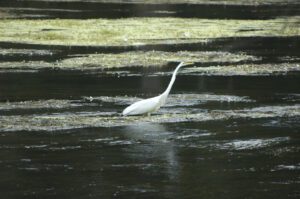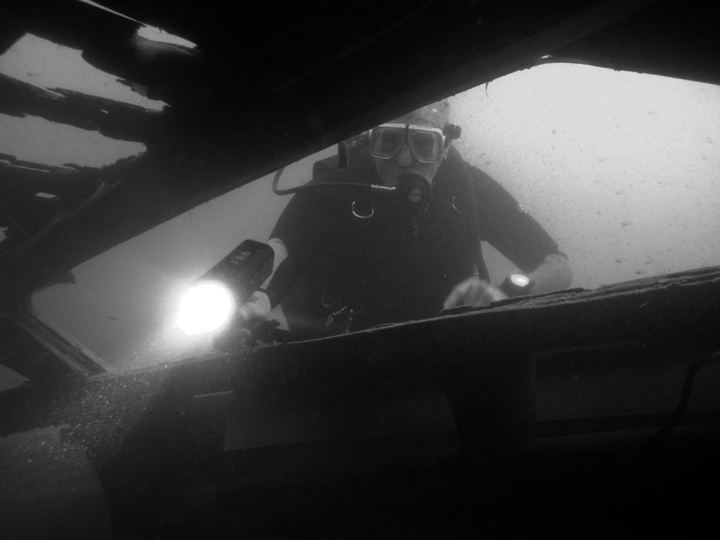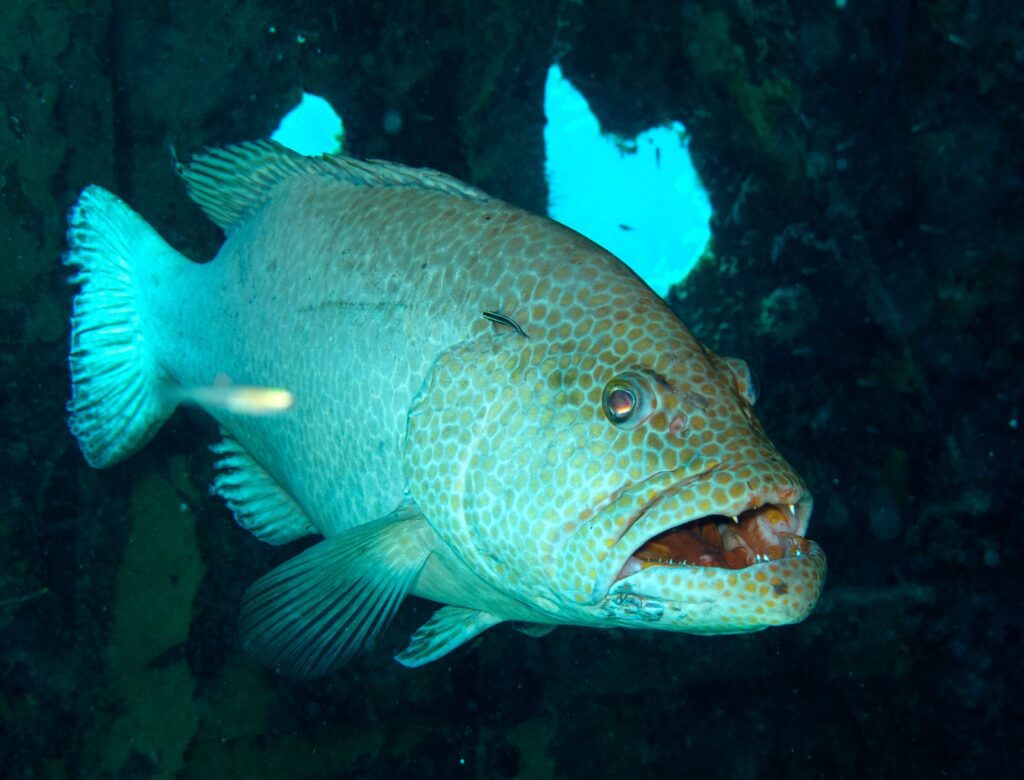
In the 1963 Andy Williams song, “It’s the Most Wonderful Time of the Year,” there is a line that says “There’ll be scary ghost stories, And tales of the glories of Christmases long, long ago.”
That tradition faded 100 years ago, but in Victorian England, it was common practice to tell supernatural stories in front of the fire around Christmas. A Christmas Carol is probably the best example we all know of today.
My friend Loren Eaton puts together what he calls Advent Ghosts with the challenge that every story must be “100 words, no more no less.” With flash fiction, the challenge is what you leave out as much as what you put in.
Below are my three submissions for this year. Enjoy and Merry Christmas!
And visit Loren’s I Saw Lightning Fall website to read even more of them.
And visit my Free Fiction page to read even more spooky stories from Advent Ghosts gone by!
Tree topper
Your Christmas decorations are just amazing. The lights just glow and everything is so warm and inviting.
It’s all because of the fairy on top of my tree.
It’s very special but I think it’s just one element isn’t it? And don’t most people use an angel as a tree topper?
That’s not just any fairy. I caught it in the toadstool circle in the forest. It’s a Wood Fairy and…
Wait, you have a real fairy living on top of your tree?
That’s what’s giving everything that special glow. I think everyone will want to have one next year.
Their names are Mary and Joseph
Doug and Nancy joked they were in church more than their pastor. It was mostly a joke, anyway.
“Come on, honey, we’re going to be late for Christmas eve service,” Doug said.
“I’m coming, I’m coming,” Nancy yelled. Her curling iron had malfunctioned.
At the main road, Doug skidded the car to a stop. A young couple stood close by. It was raining and they looked lost.
“Doug, she looks pregnant.”
“Not my problem. They’re probably junkies looking for a place to sleep tonight. That’s all. I don’t want to miss the story of Mary and Joseph. It’s my favorite.”
Get what you pay for
All the “elfs on the shelf” were sold out. Bill finally found one at that super cheap store from overseas. It was almost free. He couldn’t believe his luck.
Bill opened the plastic bag it was sealed in and was sure he heard a sound like someone taking a deep breath.
Bill set the doll on a shelf to surprise his kids the next morning. He was already planning places to put it around the house.
The elf looked at Bill with cold, dead eyes. It decided even though Bill had released him, he would be the first to go.




